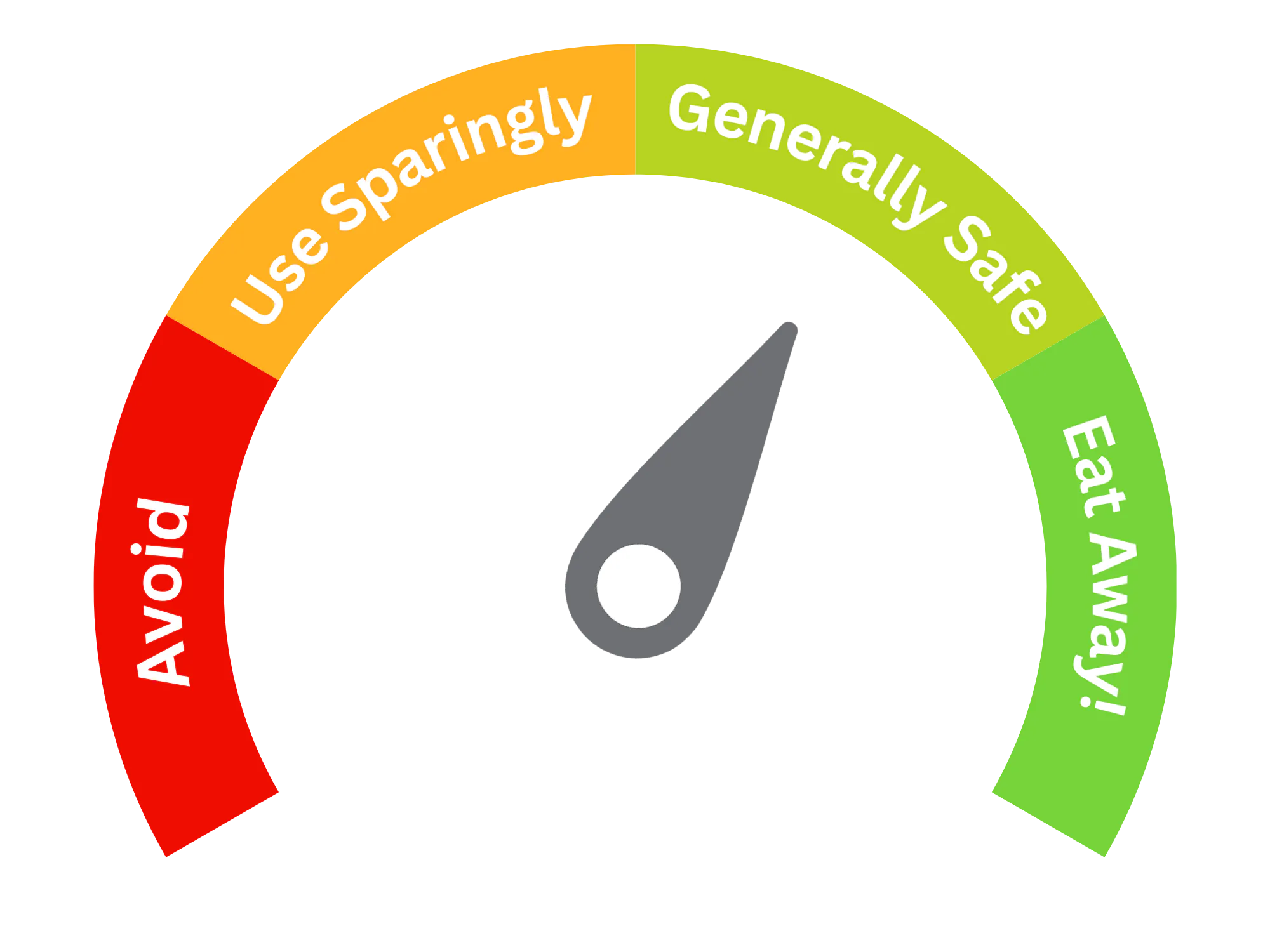Potassium Citrates (E332)
| Type of additive (Glossary) | Acidity Regulators, Buffering Agents, Sequestrants, Stabilizers |
| E Number | E332 |
| Chemical Formula | K3C6H5O7 |
| Also Known As | Tripotassium Citrate |

Purpose and Function
Potassium Citrates (E332) are used in the food industry primarily as acidity regulators, stabilizers, and emulsifiers. They help control the pH of food products, improve texture, and enhance flavor. Common applications include:
- Beverages: Used to regulate acidity in soft drinks, fruit juices, and electrolyte drinks.
- Dairy products: Helps stabilize dairy products such as cheese and yogurt.
- Baked goods: Improves dough quality and shelf life in bread and pastries.
- Processed meats: Acts as a stabilizer to maintain texture in sausages and other processed meats.
- Confectionery: Prevents crystallization of sugar in candies and maintains a smooth texture.
- Electrolyte supplements: Provides a source of potassium for electrolyte balance in sports drinks and dietary supplements.
Potassium Citrates (E332) are derived from citric acid, which occurs naturally in citrus fruits, and are valued for their ability to regulate acidity and enhance food quality.
Potential Risks and Side Effects
Potassium Citrates (E332) are generally considered safe when used within regulated limits, but there are some considerations:
- High potassium intake: Individuals with kidney problems or those on potassium-restricted diets should be cautious with foods containing potassium citrates, as excessive potassium can lead to hyperkalemia (high blood potassium levels).
- Digestive effects: In large amounts, potassium citrates may cause mild digestive discomfort, such as nausea or diarrhea.
- Regulatory approval: Potassium Citrates (E332) are approved for use in many countries, including the European Union and the United States, where they are considered safe for food use within specified limits.
Overall, Potassium Citrates (E332) are regarded as safe and effective food additives with multiple functions.
